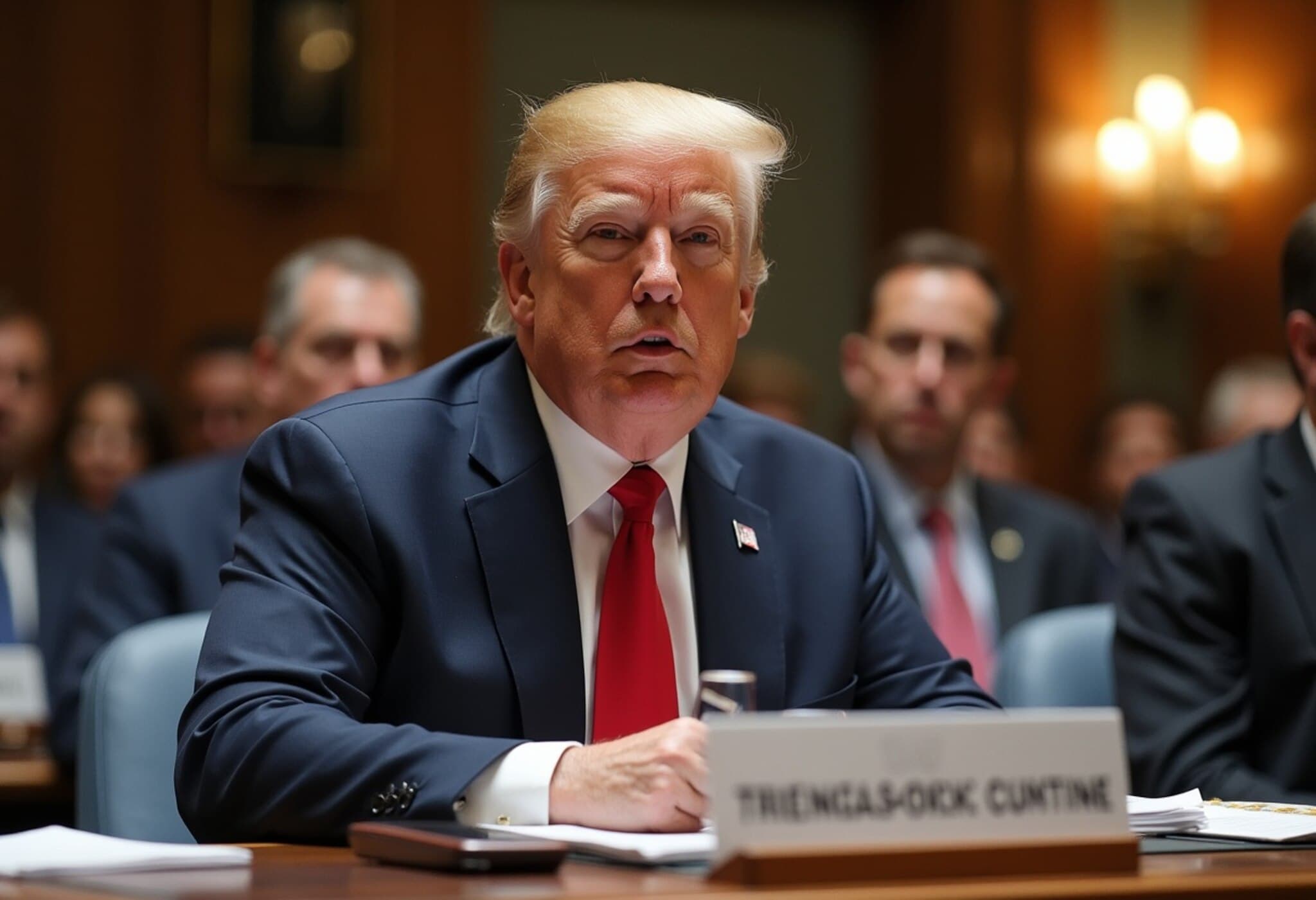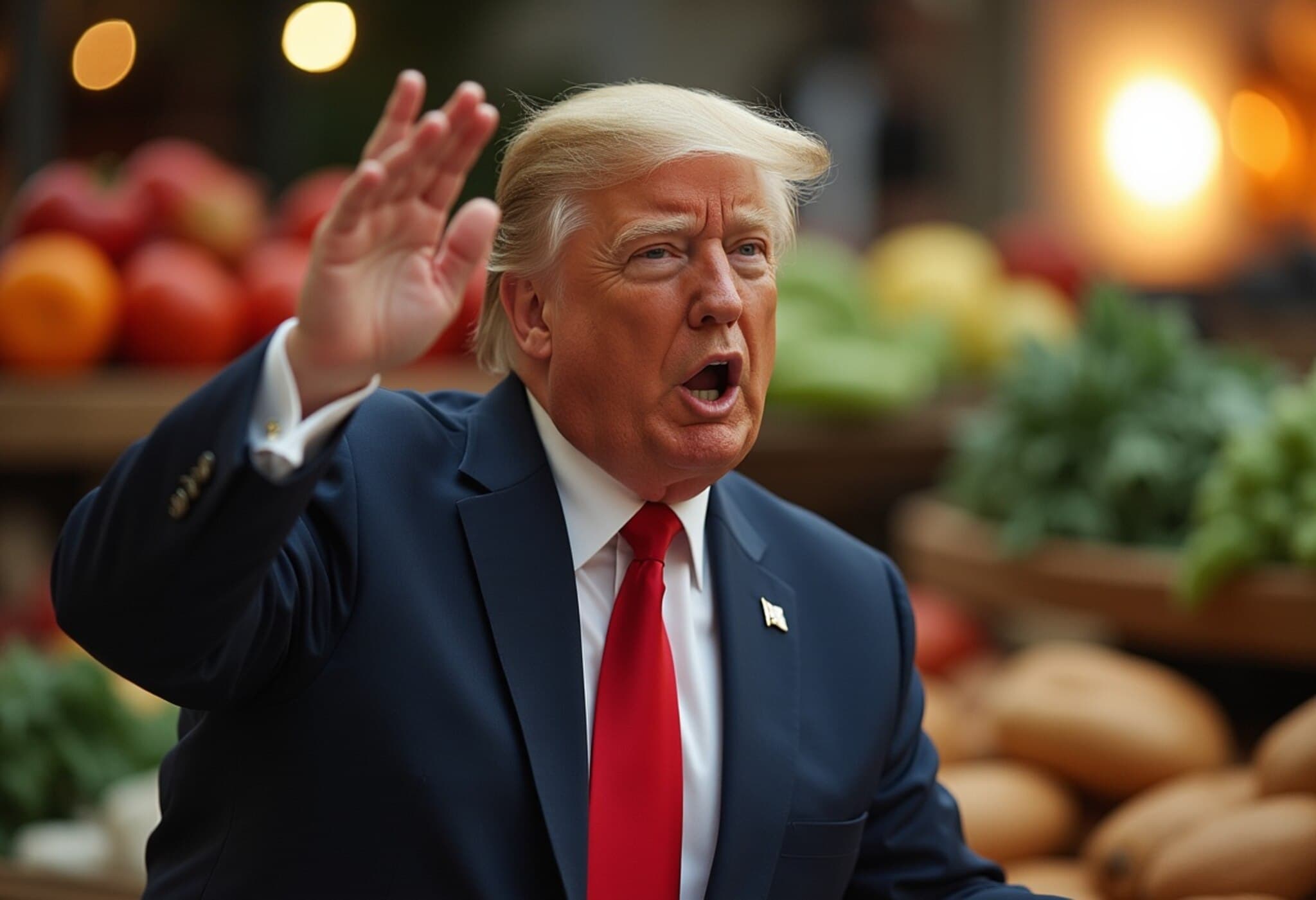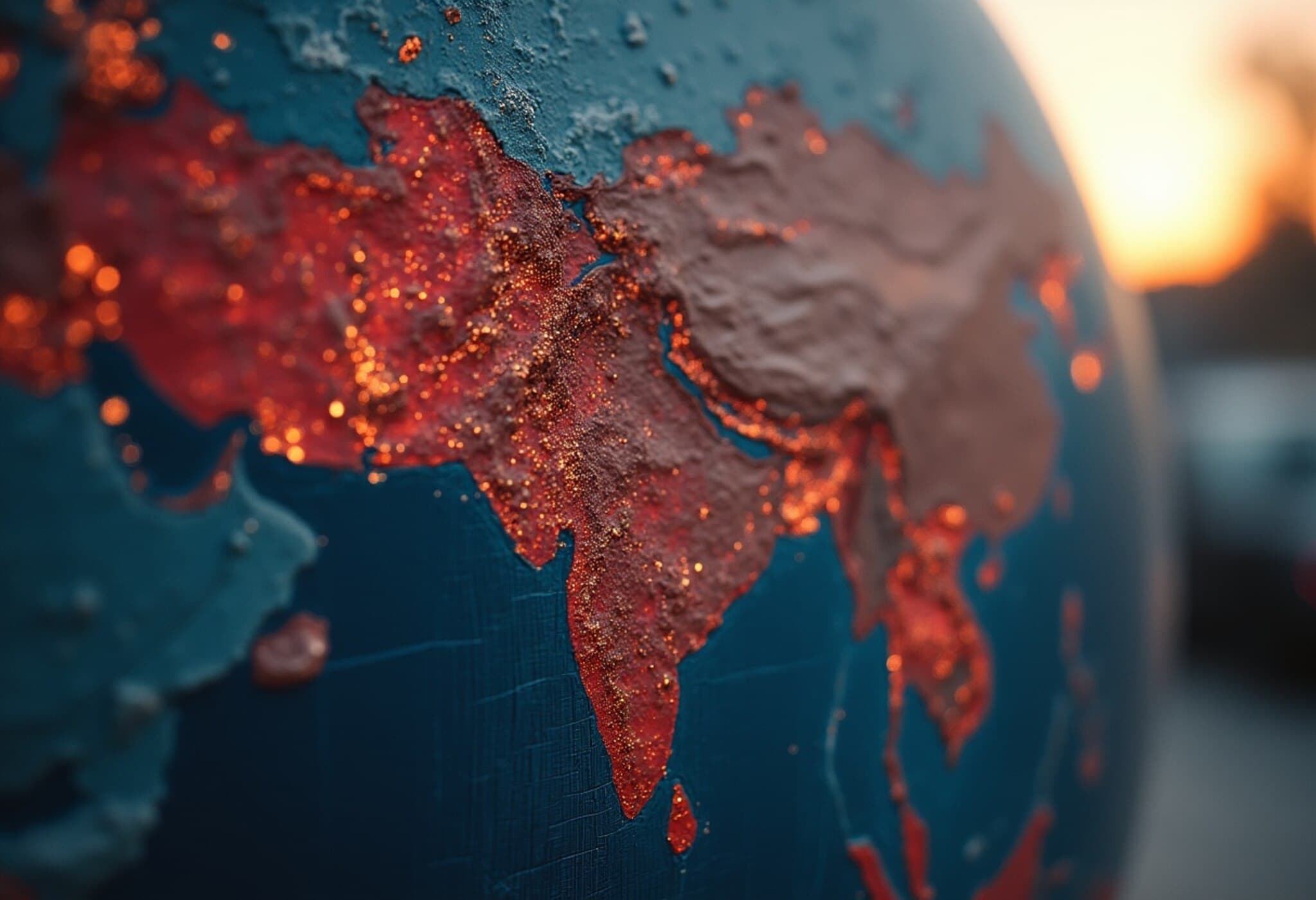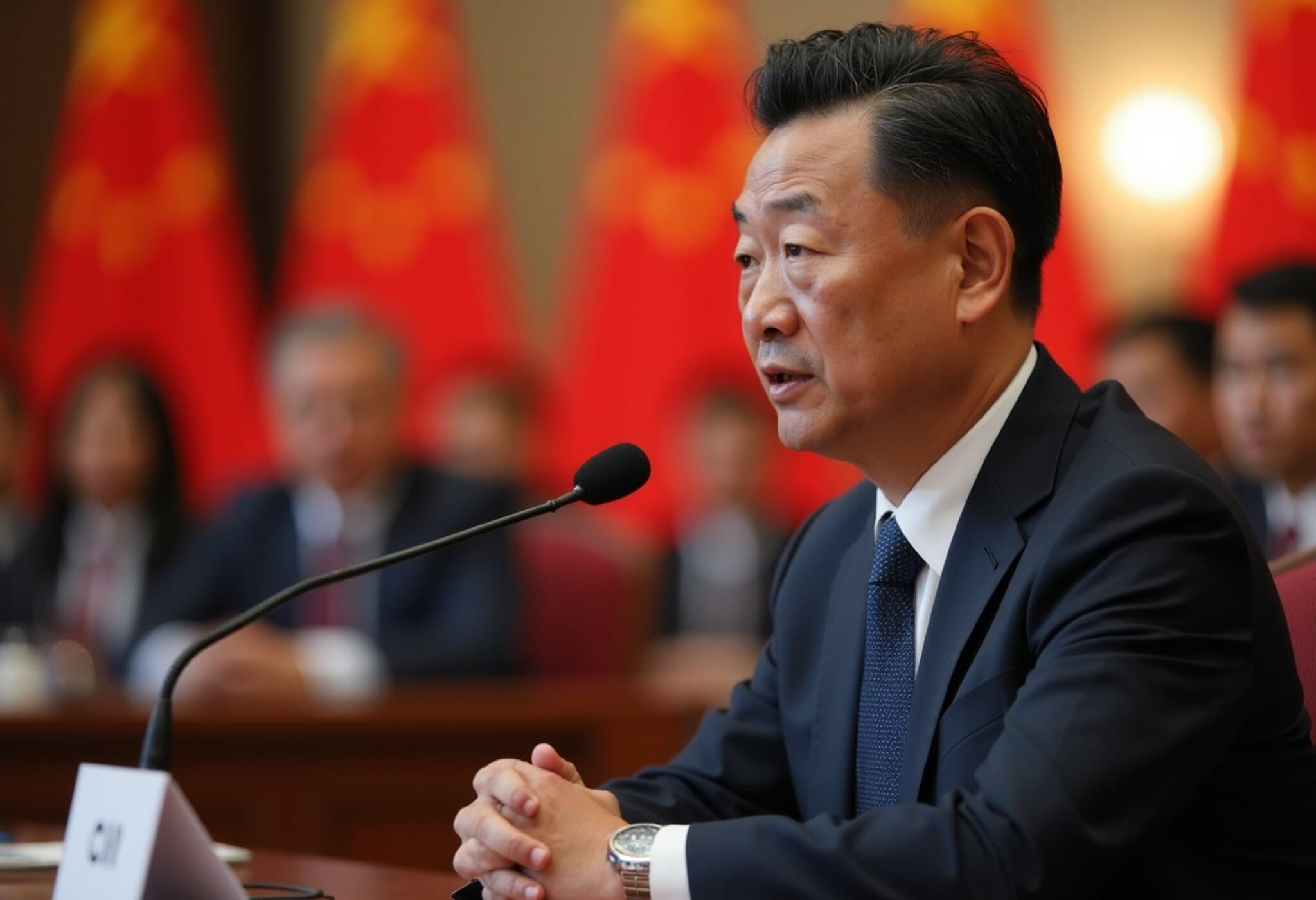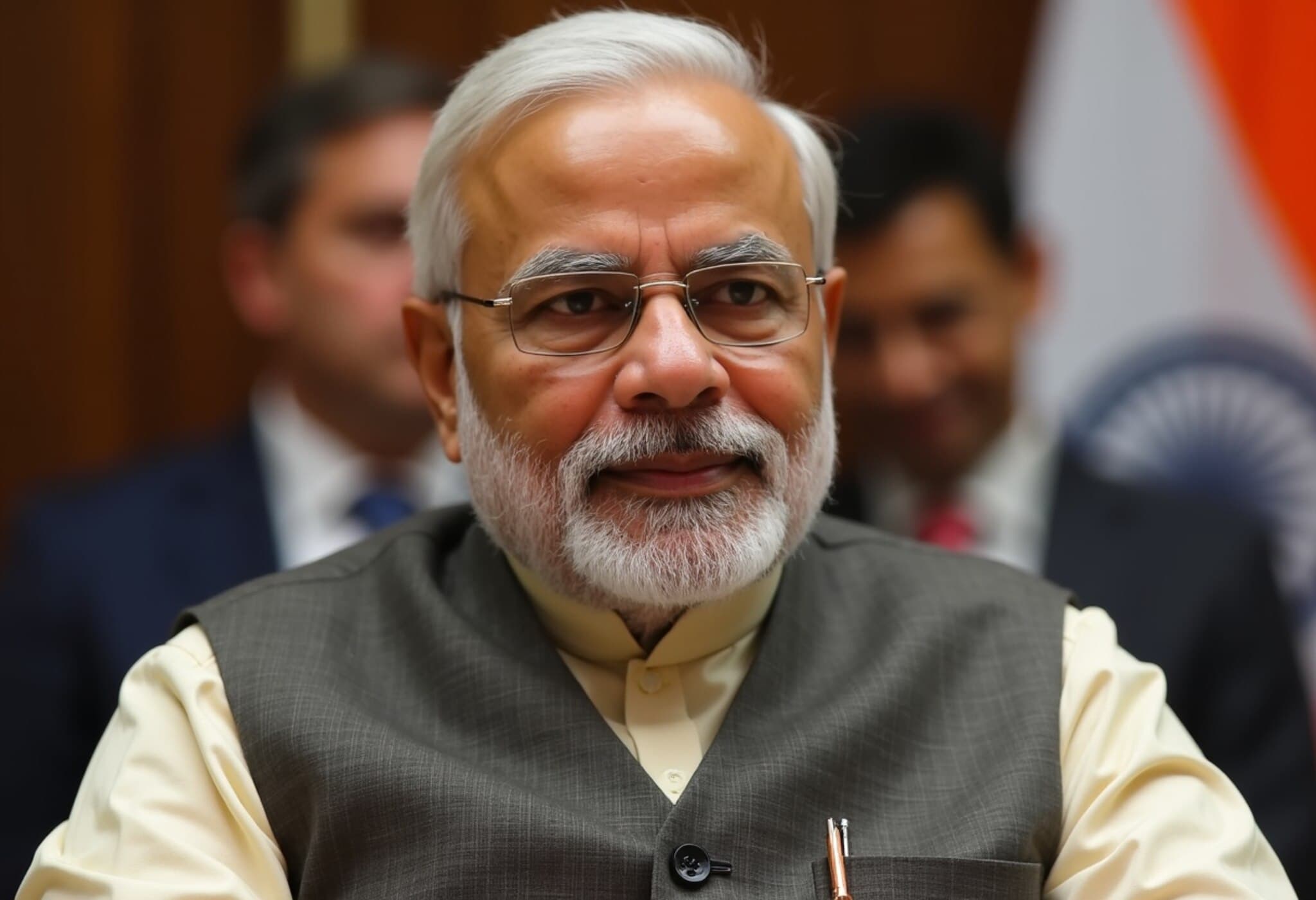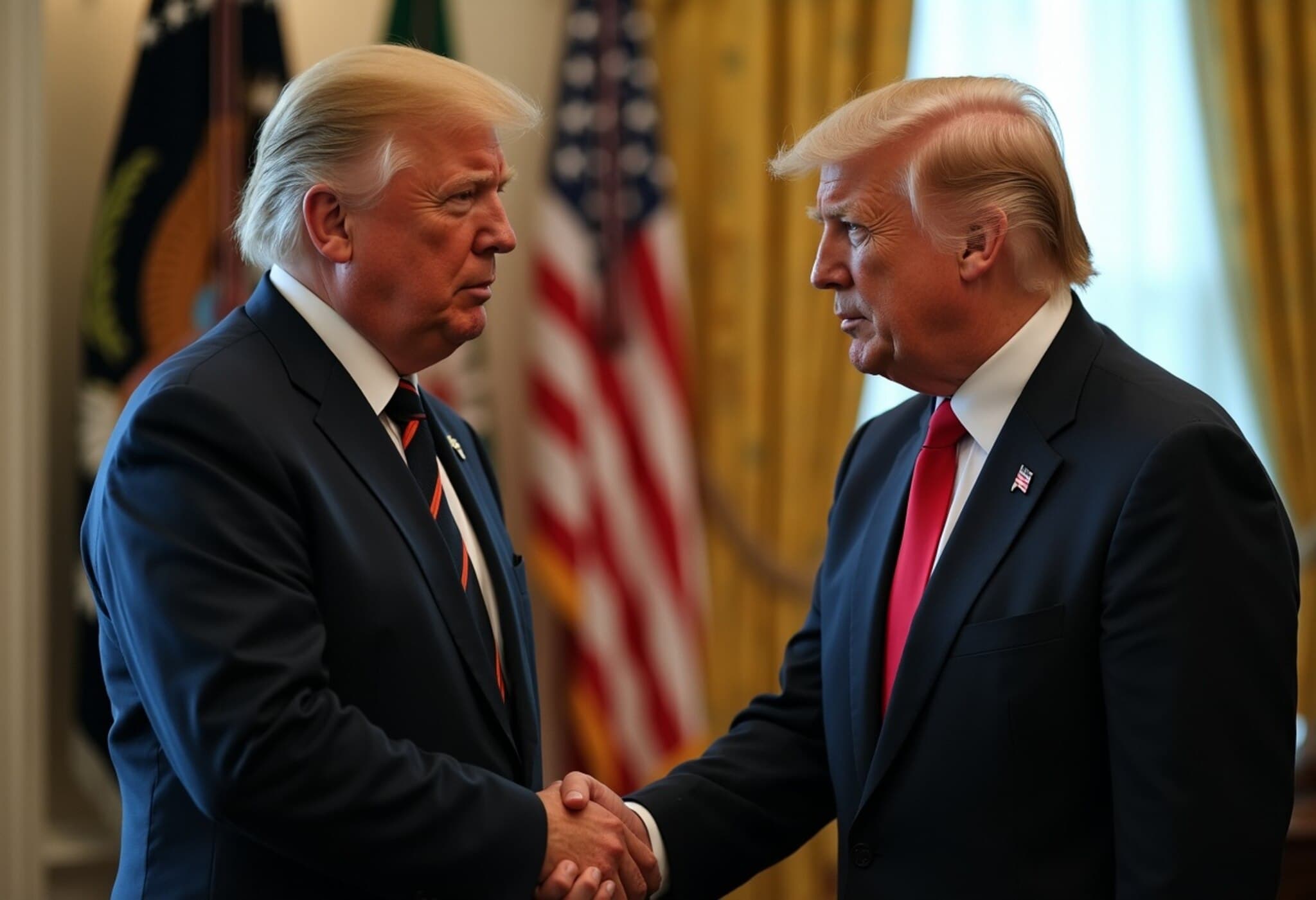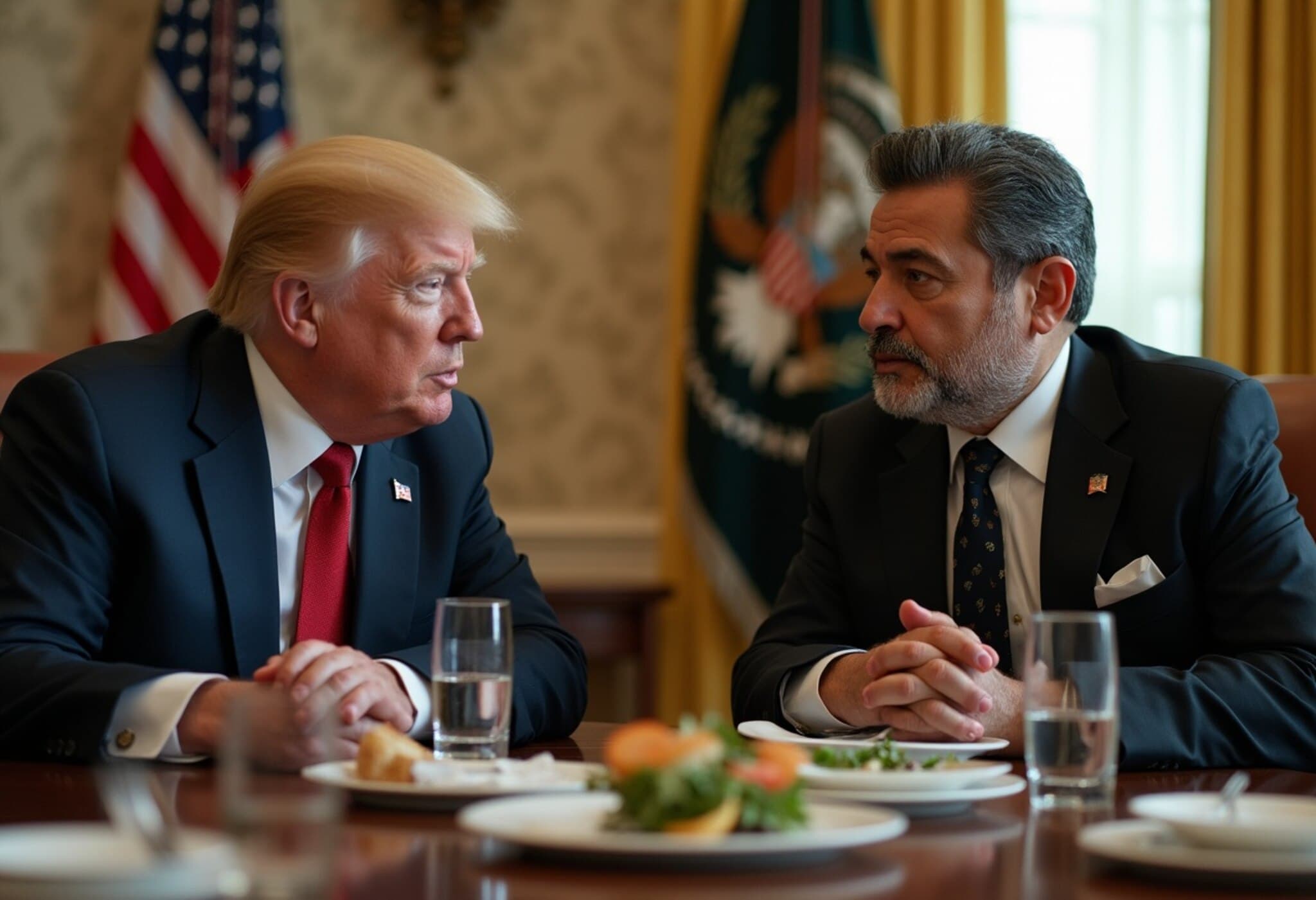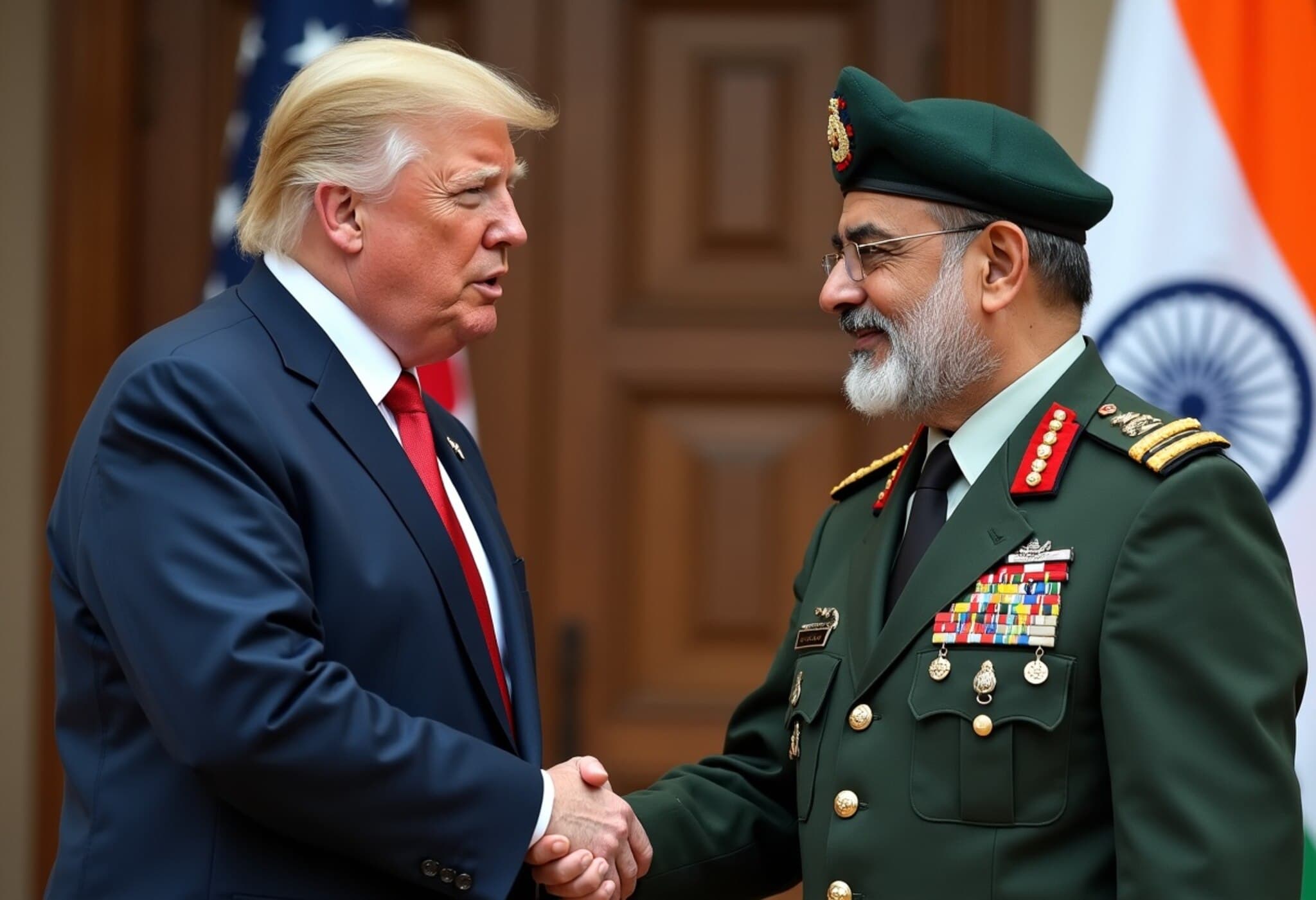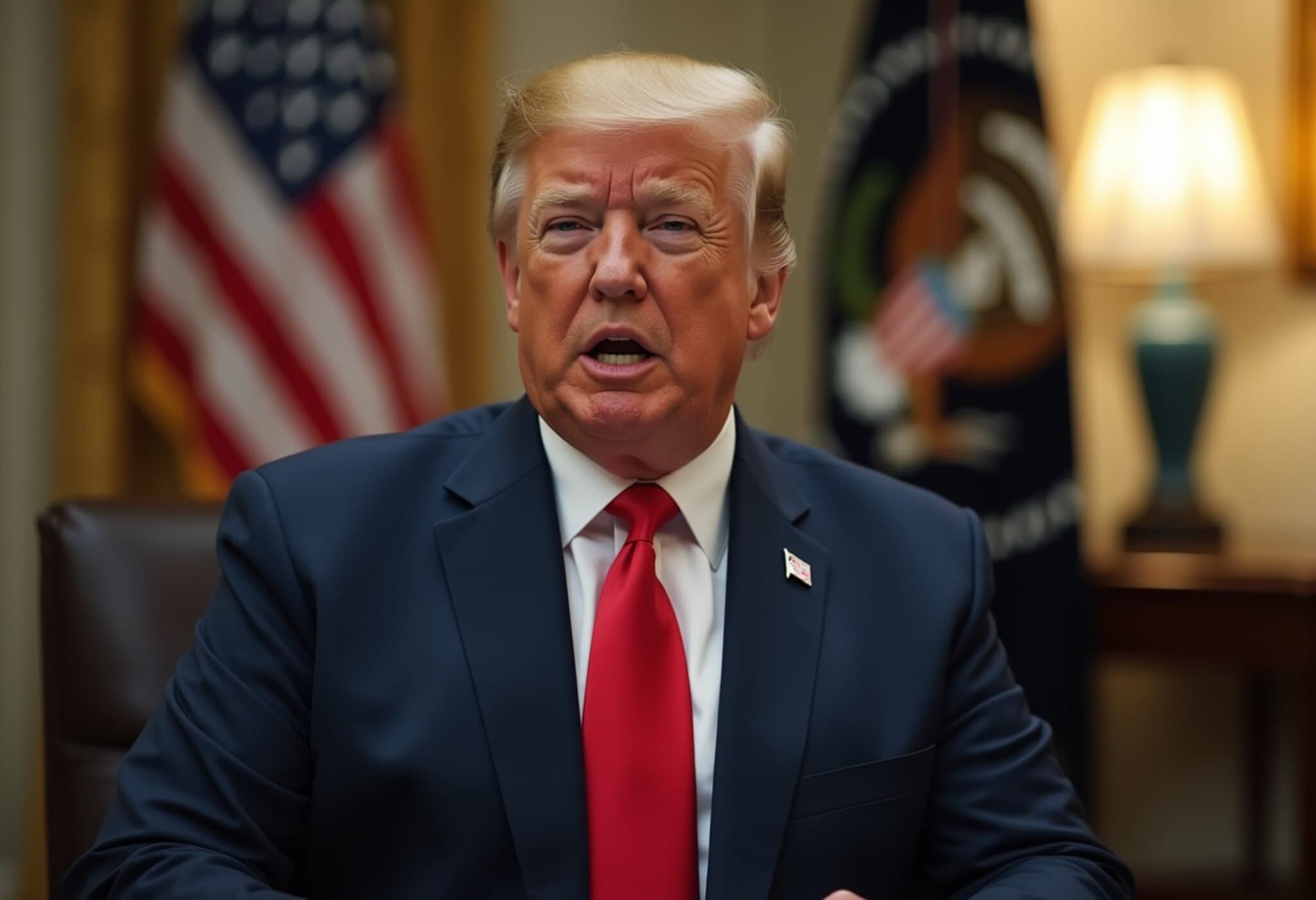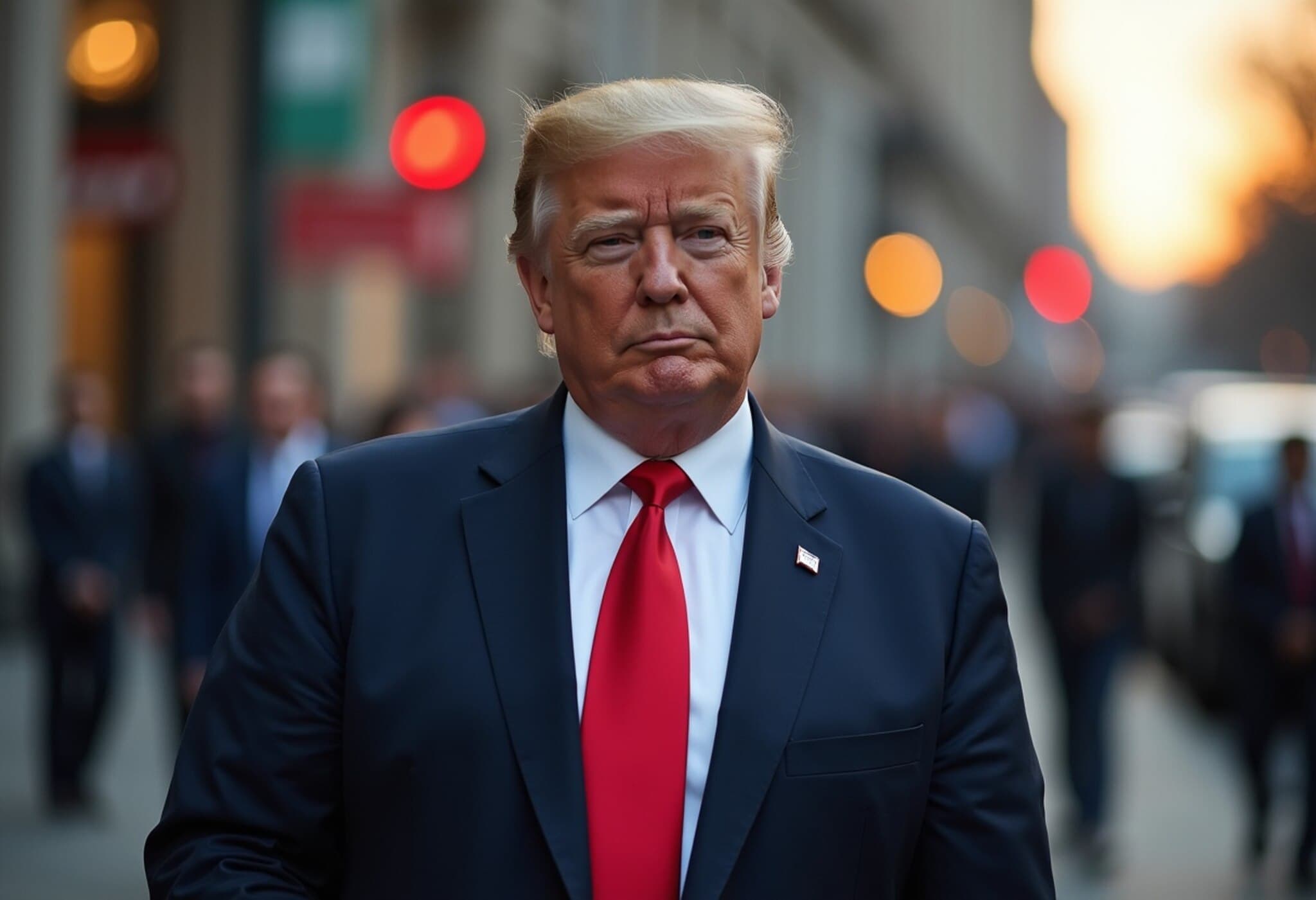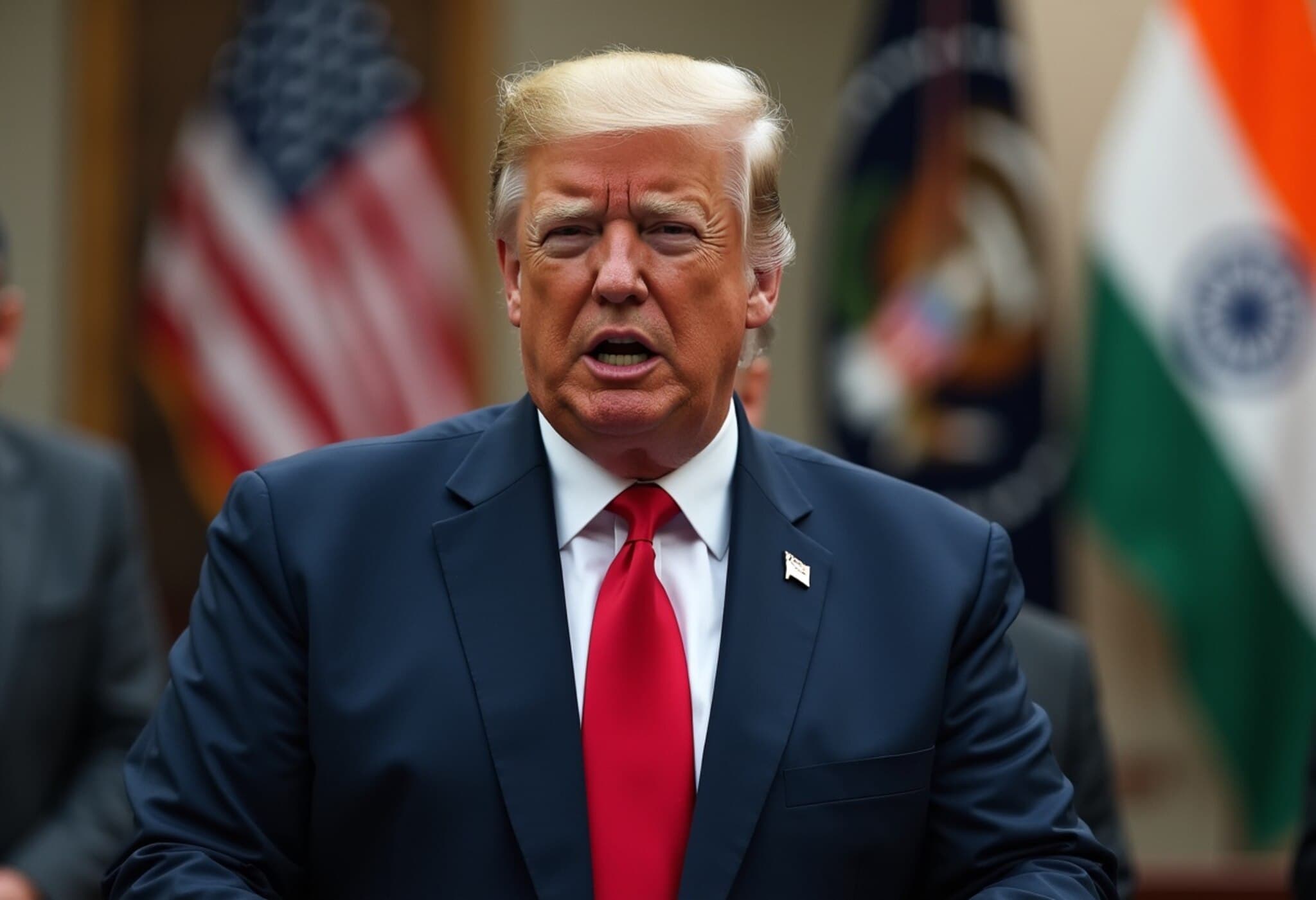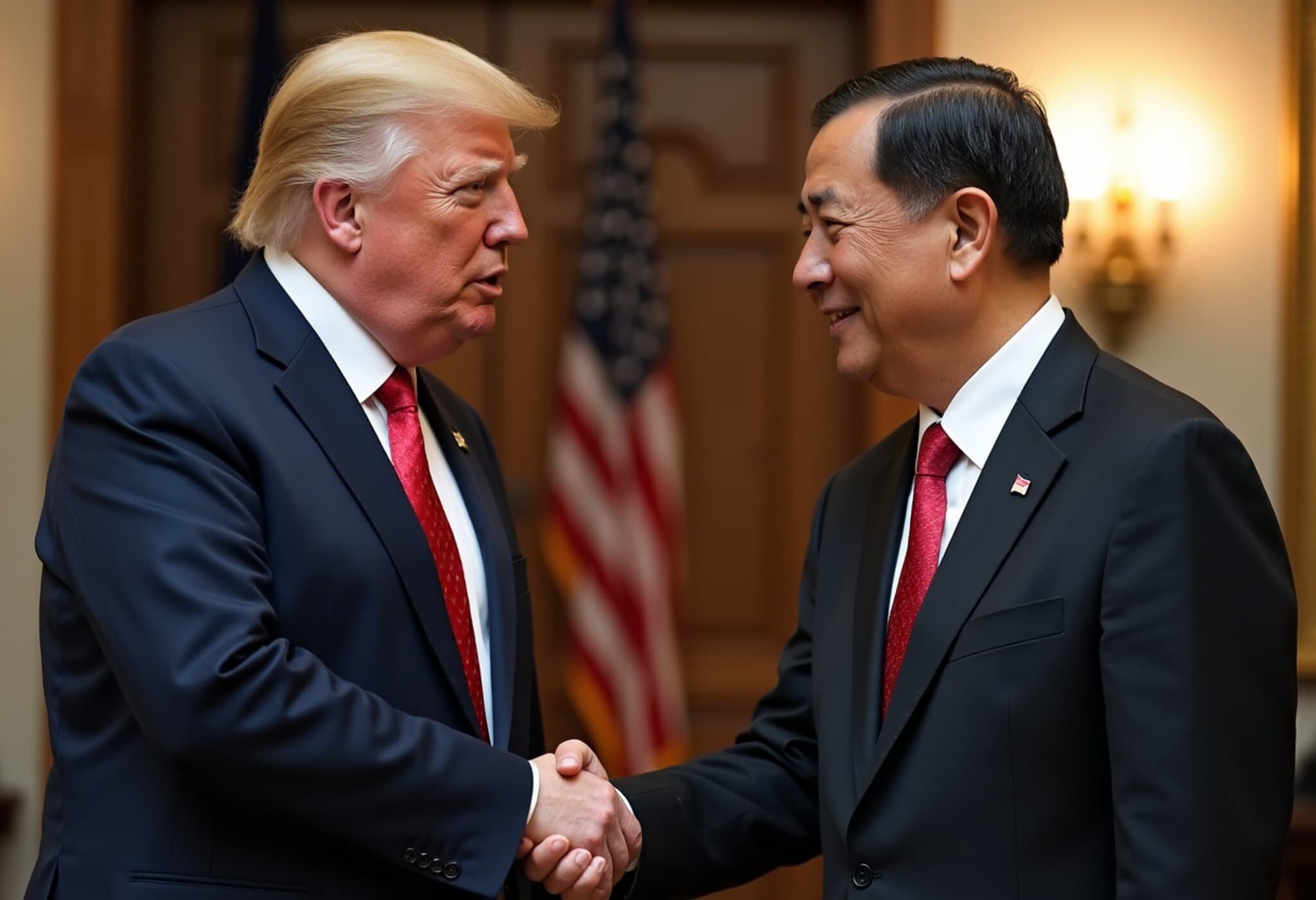US Highlights Trump’s Role in India-Pakistan De-escalation at UN Security Council
During a recent United Nations Security Council (UNSC) debate chaired by Pakistan, the United States underscored the pivotal role played by former President Donald Trump’s administration in fostering de-escalation between India and Pakistan. Acting US Representative Ambassador Dorothy Shea emphasized Washington’s commitment to mediating global conflicts and promoting peaceful conflict resolutions.
US Advocacy for Peaceful Resolutions Under Trump
Addressing the UNSC meeting on Multilateralism and Peaceful Settlement of Disputes, Ambassador Shea highlighted the Trump administration’s engagement in mitigating tensions not only between India and Pakistan but also in other volatile regions. She cited recent progress spanning conflicts between Israel and Iran, as well as in Central Africa between the Democratic Republic of Congo and Rwanda.
“The United States, under President Trump’s leadership, played an important role in encouraging the parties to reach these resolutions, which we applaud and support,” Shea affirmed, urging all UN member states embroiled in disputes to pursue similar paths toward peace.
Context: India-Pakistan Tensions and Operation Sindoor
The strained relations flared earlier this year following the brutal attack in Pahalgam, Jammu and Kashmir, on April 22, which claimed 26 civilian lives and was claimed by The Resistance Front (TRF), linked to Lashkar-e-Taiba (LeT). In retaliation, India launched Operation Sindoor on May 7, targeting terrorist infrastructure believed to be located across the Line of Control.
The ensuing military exchanges lasted four days, culminating in a tacit ceasefire agreement on May 10. While the Trump administration has repeatedly claimed credit for facilitating the de-escalation by encouraging dialogue between New Delhi and Islamabad, official Indian sources maintain that the ceasefire was the result of direct military-to-military communications, absent any third-party mediation.
Pakistan’s Leadership and Broader Regional Issues
Presiding over the UNSC session, Pakistan’s Deputy Prime Minister and Foreign Minister Ishaq Dar used the platform to raise contentious issues, notably the Kashmir conflict and the status of the Indus Waters Treaty. India, citing Pakistan’s alleged support for cross-border terrorism, announced it would hold the 1960 water-sharing agreement in abeyance until Islamabad unequivocally renounces such support.
Ongoing Challenges and Other Global Disputes
Ambassador Shea also criticized China’s persistent refusal to adhere to the 2016 Arbitral Tribunal ruling under the United Nations Convention on the Law of the Sea (UNCLOS). She condemned Beijing’s expansive claims and aggressive enforcement actions in the South China Sea, which undermine the sovereign rights of other littoral states including the Philippines, Vietnam, and Malaysia.
“We once again condemn China’s expansive and unlawful maritime claims in the South China Sea and the dangerous and destabilising ways it attempts to enforce them,” Shea asserted, reflecting continued concern over maritime security in the Indo-Pacific.
US Designation of The Resistance Front as Terrorist Organization
Further reinforcing its stance on terrorism linked to the India-Pakistan conflict, the United States last week officially designated The Resistance Front as a Foreign Terrorist Organization (FTO) and Specially Designated Global Terrorist (SDGT). India welcomed this move as a significant step towards holding terror groups accountable and disrupting their networks.
Expert Analysis: The Complex Web of Influence
While the Trump administration’s contributions to de-escalating the India-Pakistan conflict are spotlighted at the UN, the nature of conflict resolution in South Asia often involves multifaceted diplomacy, bilateral military communications, and on-ground realities that can defy straightforward narratives. The competing claims over the Indus Waters Treaty and Kashmir highlight longstanding grievances that no single intervention can rapidly resolve.
From an American policy perspective, maintaining regional stability in South Asia aligns with broader strategic interests, including counter-terrorism cooperation and balancing China’s influence. The US’s vocal condemnation of China’s South China Sea claims during the UNSC debate reflects this intertwined geopolitical chessboard.
Looking Forward: Peace Amid Persistent Challenges
The UNSC session chaired by Pakistan provided a rare platform for airing both hopes for multilateral peace and the entrenched disputes that complicate it. Encouragingly, the US continues to advocate for diplomatic engagement and lawful adherence to international rulings — pillars essential to sustaining any peaceful settlement.
However, persistent issues—such as terrorism, water-sharing conflicts, and territorial claims—will require sustained, nuanced diplomacy and bold leadership from all parties involved.
Editor’s Note:
The recent UNSC debate reveals the complex layers shaping India-Pakistan relations and wider regional security. While credit given to former President Trump’s administration underscores the US’s diplomatic role, it is essential to critically assess the on-ground dynamics and the interplay of regional actors, including Pakistan’s stance and China’s ambitions. As tensions persist, the international community’s collective response, especially through platforms like the UN, will be crucial in fostering lasting peace.

